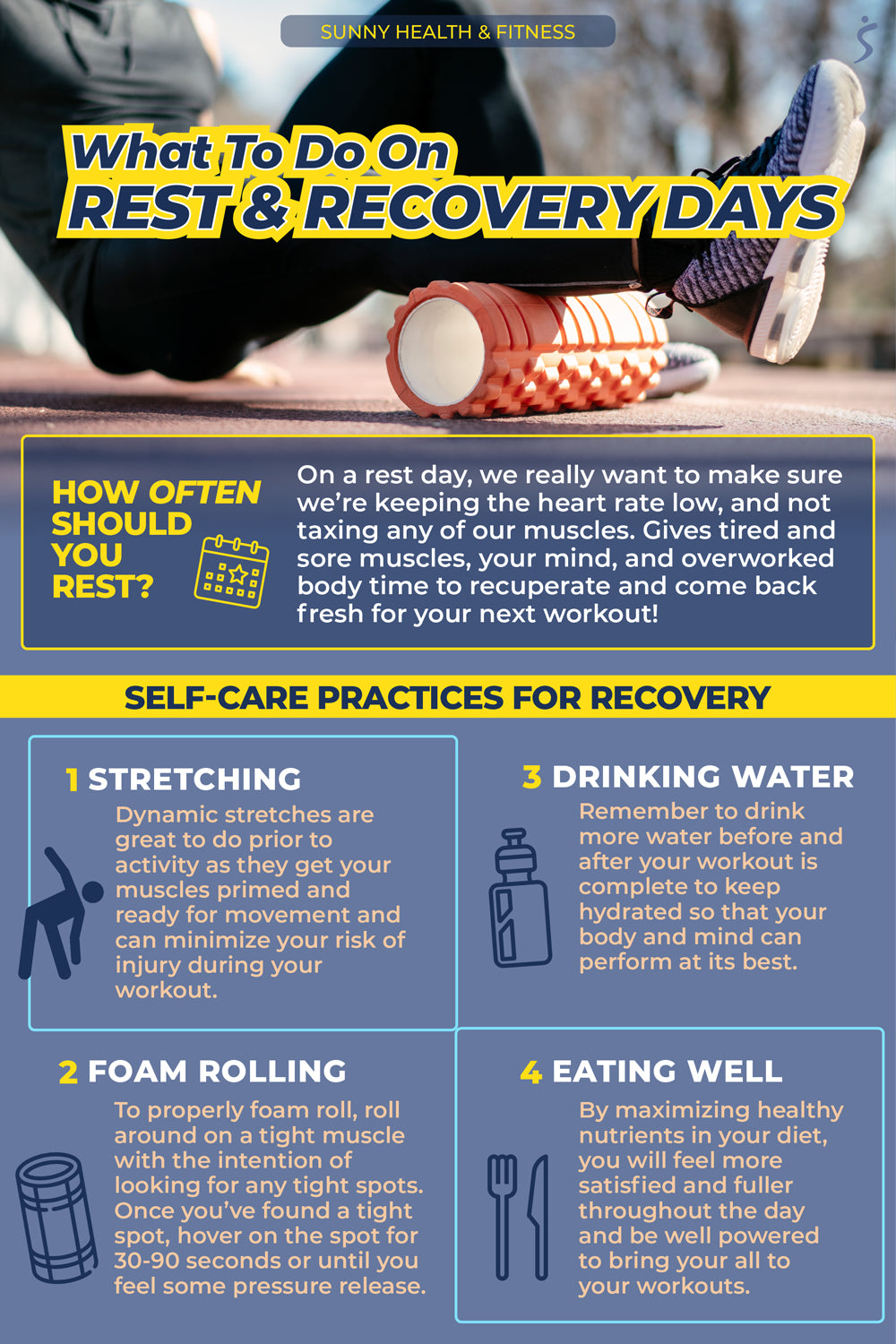When it comes to achieving your fitness goals, most people focus on the intensity and duration of their workouts. While these aspects are essential, they often overlook the importance of recovery and rest. As someone who has experienced the ups and downs of fitness, I can attest to the transformative power of incorporating recovery and rest into my routine.
In a world that glorifies the grind and hustle, it’s easy to fall into the trap of pushing ourselves beyond our limits. We feel the pressure to continuously push, to go harder and faster, and to never take a break. We equate rest with laziness and believe that we will fall behind if we dare to pause.
However, we fail to recognize that true progress cannot be achieved without proper rest. Our bodies are complex machines that require time to repair and recover. Rest days are not a luxury; they are a necessity. When we deprive ourselves of rest, we increase the risk of injury, burnout, and overall exhaustion. It’s like driving a car without ever refueling or changing the oil. Eventually, it will break down.
Recovery encompasses more than just rest days. It involves taking the necessary steps to help our bodies heal and replenish. This includes techniques like stretching, foam rolling, and massage. These activities promote blood flow, reduce muscle tension, and improve flexibility. Moreover, they offer a sense of relaxation and allow us to connect with our bodies on a deeper level.
As someone who loves a good challenge, I used to resist the idea of rest and recovery. I pushed myself to the brink of exhaustion, believing that it was the only way to achieve my goals. However, I quickly learned that this approach was counterproductive. My workouts suffered, my energy levels plummeted, and I felt constantly on the verge of injury. It was a wake-up call that forced me to reevaluate my approach.
Nowadays, I prioritize recovery just as much as I do my workouts. I dedicate time each week to activities that promote relaxation and healing. Whether it’s a yoga class, a gentle walk in nature, or a bubble bath, I make sure to listen to what my body needs. I’ve come to appreciate the power of recovery as it allows me to show up fully in my workouts and in life.
In addition to physical recovery, it’s important to address our mental and emotional well-being. Fitness is not just about having a strong body; it’s about having a resilient mind. Resting not only allows our bodies to heal but also gives our minds a much-needed break. It’s an opportunity to disconnect from the hustle and bustle, to quiet our thoughts, and to cultivate inner peace.
For me, mindfulness practices such as meditation and journaling have become essential tools in my recovery journey. They provide me with a space to reflect, reset, and recharge. By incorporating these practices into my routine, I have noticed a significant improvement in my overall well-being. I am better equipped to handle stress, make thoughtful decisions, and maintain a positive mindset.
Finding the balance between challenge and rest is an ongoing process. It requires us to listen to our bodies and honor our limits. It’s about recognizing that progress is not always linear, and that rest is not a sign of weakness. In fact, rest is a sign of strength, resilience, and self-care.
So, the next time you hit the gym or lace up your running shoes, remember to also prioritize recovery and rest. Your body will thank you for it. Embrace the power of recovery, and watch as it transforms your fitness journey from a relentless pursuit to a sustainable and fulfilling practice.
